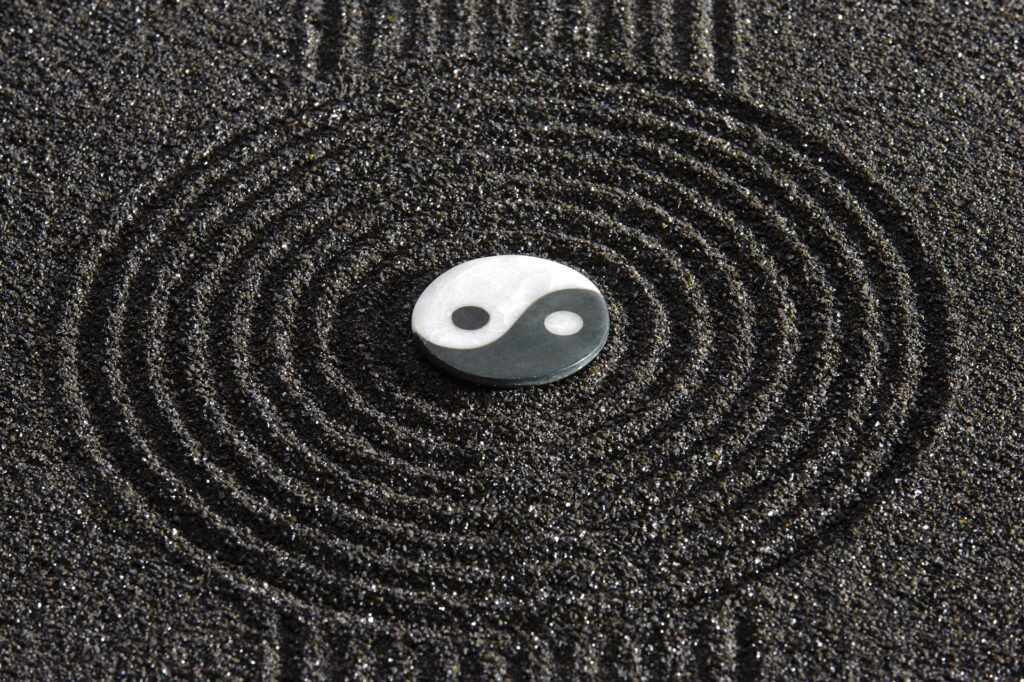The Ultimate Universal Law of Love

There are many Universal Laws* that provide pointers on how to live. But, if there was only one Universal law that superseded all others it would be the Law of Love. By simply operating according to the principle of ‘what love would do’, you can choose your thoughts, emotions, as well as where to direct your energy and what behaviors to engage in. The Law of Love is given below with my thoughts on applying it in your life.
Love is our natural state, but as we grow we compartmentalize to make sense of the world and this creates artificial boundaries. These categories allow for comparison and evaluation, but this does not come from a place of objective appreciation for what is. Our choices about what we consider to be a part of bring separation. In reality, love encompasses all without distinction.
Read More »The Ultimate Universal Law of Love


